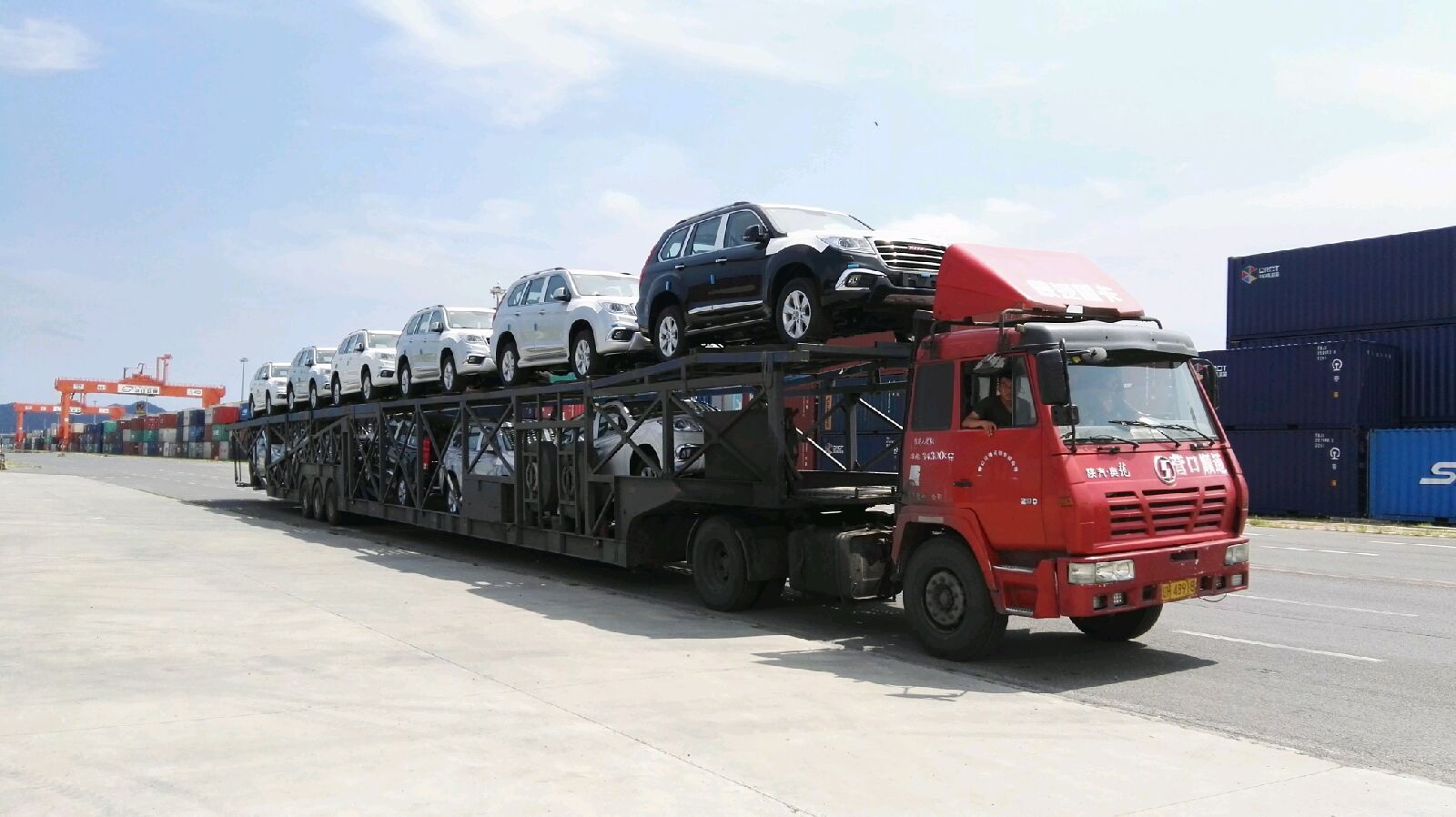In recent years, the global automotive industry has witnessed a surge in demand for Sports Utility Vehicles (SUVs), driven by factors such as improving economies, expanding middle classes, and a growing preference for larger, more versatile vehicles. This trend has presented unprecedented opportunities for Chinese automakers, particularly in the SUV segment, as they look to expand their footprints beyond domestic borders. The "China SUV Export Project" has emerged as a key initiative, capitalizing on this robust overseas demand to propel Chinese-made SUVs into international markets.

Market Analysis: Global Appetite for Chinese SUVs
Emerging Markets as Key Destinations
Emerging economies in Southeast Asia, Latin America, and Africa have shown a particular fondness for Chinese SUVs due to their competitive pricing, modern design, and robust feature sets. These markets, characterized by rapid urbanization and expanding transportation networks, offer significant growth potential for Chinese automakers. For instance, countries like Indonesia, Thailand, and Brazil have become hotspots for Chinese SUV imports, as consumers seek affordable yet stylish alternatives to locally produced and imported luxury brands.
Adapting to Regional Preferences
To successfully penetrate these markets, Chinese automakers have had to adapt their products to meet local tastes and regulatory requirements. This includes offering right-hand drive versions, adjusting suspension settings for different road conditions, and incorporating features tailored to specific climates, such as enhanced air conditioning systems for hotter regions.
Quality and Innovation: Breaking Stereotypes
Enhancing Product Quality
One of the primary challenges faced by Chinese automakers in international markets has been overcoming perceptions of inferior quality. In response, many companies have invested heavily in research and development, adopting advanced manufacturing technologies, and implementing stringent quality control measures. The result is a new generation of Chinese SUVs that rival their foreign counterparts in terms of reliability, safety, and fuel efficiency.
Innovating for Competitive Edge
Innovation has been another cornerstone of the China SUV Export Project. Automakers are introducing smart technologies, such as autonomous driving features, advanced infotainment systems, and electric or hybrid powertrains, to differentiate their offerings and appeal to tech-savvy consumers. By focusing on innovation, Chinese automakers are not only meeting but often exceeding expectations in terms of what consumers expect from modern SUVs.
Policy Support and Strategic Partnerships
Government Initiatives
The Chinese government has played a pivotal role in facilitating the export of SUVs by providing financial incentives, tax breaks, and export credit insurance. Additionally, it has negotiated trade agreements and established free-trade zones to reduce tariffs and streamline customs procedures, making Chinese vehicles more competitive in international markets.
International Collaborations
To further boost their global presence, Chinese automakers have forged strategic partnerships with international automotive giants, technology providers, and local distributors. These collaborations have facilitated access to new markets, shared technology, and enhanced brand recognition. For example, joint ventures with European and American companies have helped Chinese automakers adopt global best practices and improve their supply chain management.
Challenges and Opportunities Ahead
Navigating Trade Barriers
Despite the positive momentum, Chinese automakers face challenges such as trade barriers, including tariffs, quotas, and protectionist policies in some markets. Navigating these obstacles requires a nuanced understanding of international trade rules and ongoing diplomacy to foster open and fair competition.
Sustainable Growth Strategies
As the global automotive industry transitions towards electrification and sustainability, Chinese automakers must also prioritize the development of eco-friendly SUV models. This presents an opportunity to lead in the green mobility sector, leveraging China's expertise in battery technology and electric vehicle manufacturing.
The strong overseas demand for Chinese SUVs heralds a new era of opportunities for Chinese automakers. By focusing on product quality, innovation, and strategic partnerships, while overcoming trade barriers and embracing sustainability, these companies are poised to make significant inroads into international markets. The China SUV Export Project is not just about exporting vehicles; it's about exporting China's automotive expertise and reshaping global perceptions of 'Made in China.' With the right strategies in place, the sky's the limit for China's SUV exports.
www.greatwaylogistic.com
Greatway International Logistics (Shanghai) Co., Ltd.


More Stories
How CNC Aluminum Machining Supports High-Performance Industrial Applications
Optical Domes for Drone Payload: Enhancing Aerial Imaging and Sensor Protection
Ni·Shangle Gallery Unveils Cutting-Edge Fine Art Printing Technology Benefits and Applications